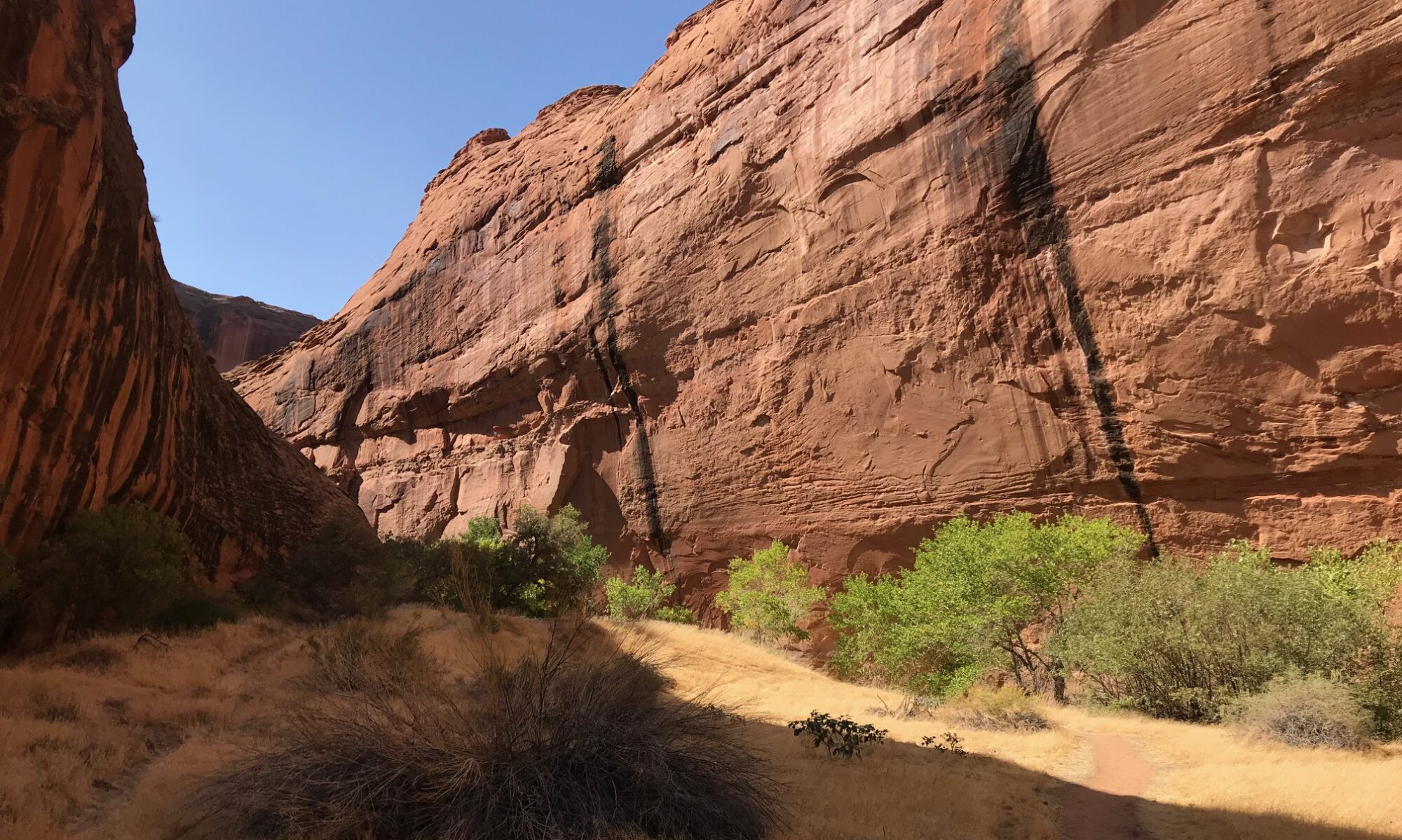*America’s Red Rock Wilderness Act
By Christopher Juniper
Christopher Juniper is a sustainability economist, consultant and author/speaker based in Denver and Portland. He’s delighted in Canyonlands times for five decades and owns land for a future home near Moab, UT.
Some things are oddly temporary but more permanent in nature. The phrase “A moment on the lips but forever on the hips” comes to mind for the ice cream I love. So does the plutonium produced by a nuclear electricity powerplant – it is toxic and must be kept away from life for 24,000 years. Or that passenger mile in a carbon-powered vehicle that leaves behind climate chaos impacts for 100+ years.
Wilderness is similar in that once gone it is gone forever. This is both literal in the sense of ecosystems forever changed by human interference, and in a legal sense that if an area becomes human-disturbed, so to speak, it loses the legal ability of the US government to designate it as wilderness, preserving it for future generations.
At the heart of doing magnanimous things for future generations like leaving behind some functioning ecosystems for them is a fundamental concept of sustainability sanity: learning to live within limits. At nearly 8 billion people on a spaceship called Earth, time for us to learn and embrace limits. Preserving wilderness is among the core concepts and actions we must adopt to protect the next generation from this one (my favorite definition of sustainability-related actions).
Similarly, the US government owns, on behalf of all of us, carbon energy sources that we can choose to keep “in the ground” or not. Several sensible reasons exist for leaving them in the ground, at least for now if not forever.
One is that, like wilderness, they are finite – and so when “consumed” they are consumed forever – giving future people no chance to use them.
Another – we are still pawing our way towards understanding climate chaos, and we should hold off for now on dumping more CO2 into the atmosphere until we fully understand its implications.
And finally, with growing technological advancements, particularly in energy efficiency, it is likely that if these carbon energy sources are developed in the future, the much more efficient use of them will make them much more valuable in the global marketplace, bringing taxpayer owners of these resources a much better monetary return.
And if they end up not being developed at all, because climate chaos demands it, our investment in locking them up now will likely have a high return on investment for our children.
Kudos to an environmental economist pioneer, Kenneth Boulding (1910-1993) who articulated the need to live within limits back in 1966, contrasting our unsustainable “cowboy…endless frontier” economic system with how a spaceship needs to be managed (maximum efficiency).
And kudos to SUWA for holding the line on wilderness protection to best of its ability for decades – the gift that keeps on giving!! Make highly visible your support for SUWA and the America’s Red Rock Wilderness Act…a moment on your lips and forever worthy of your trips!


